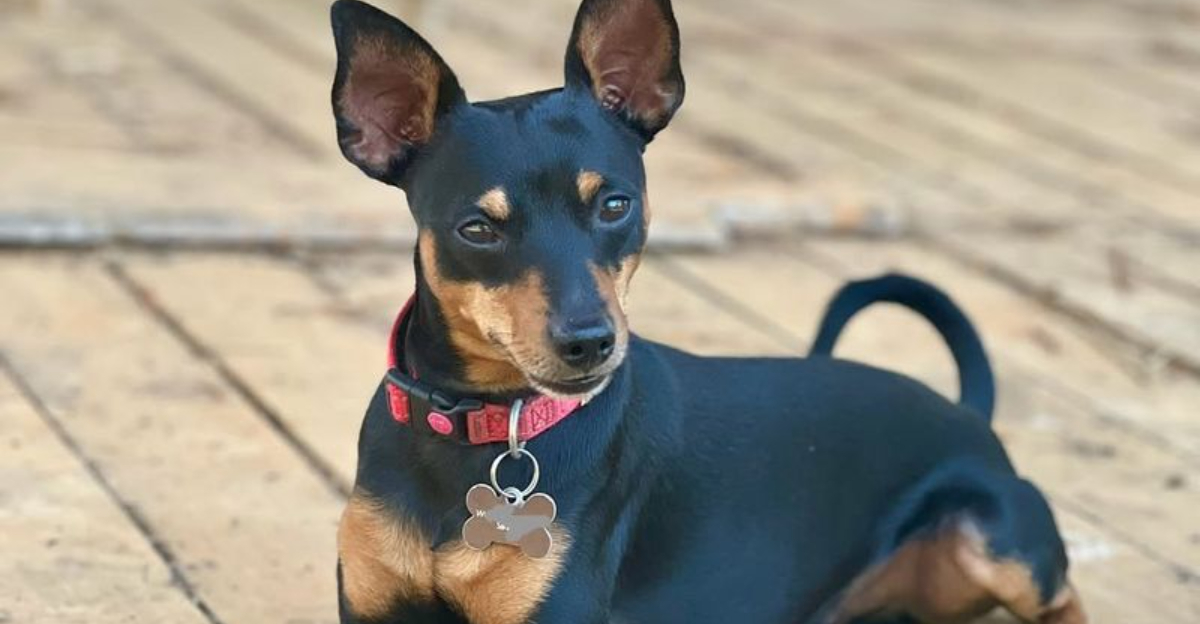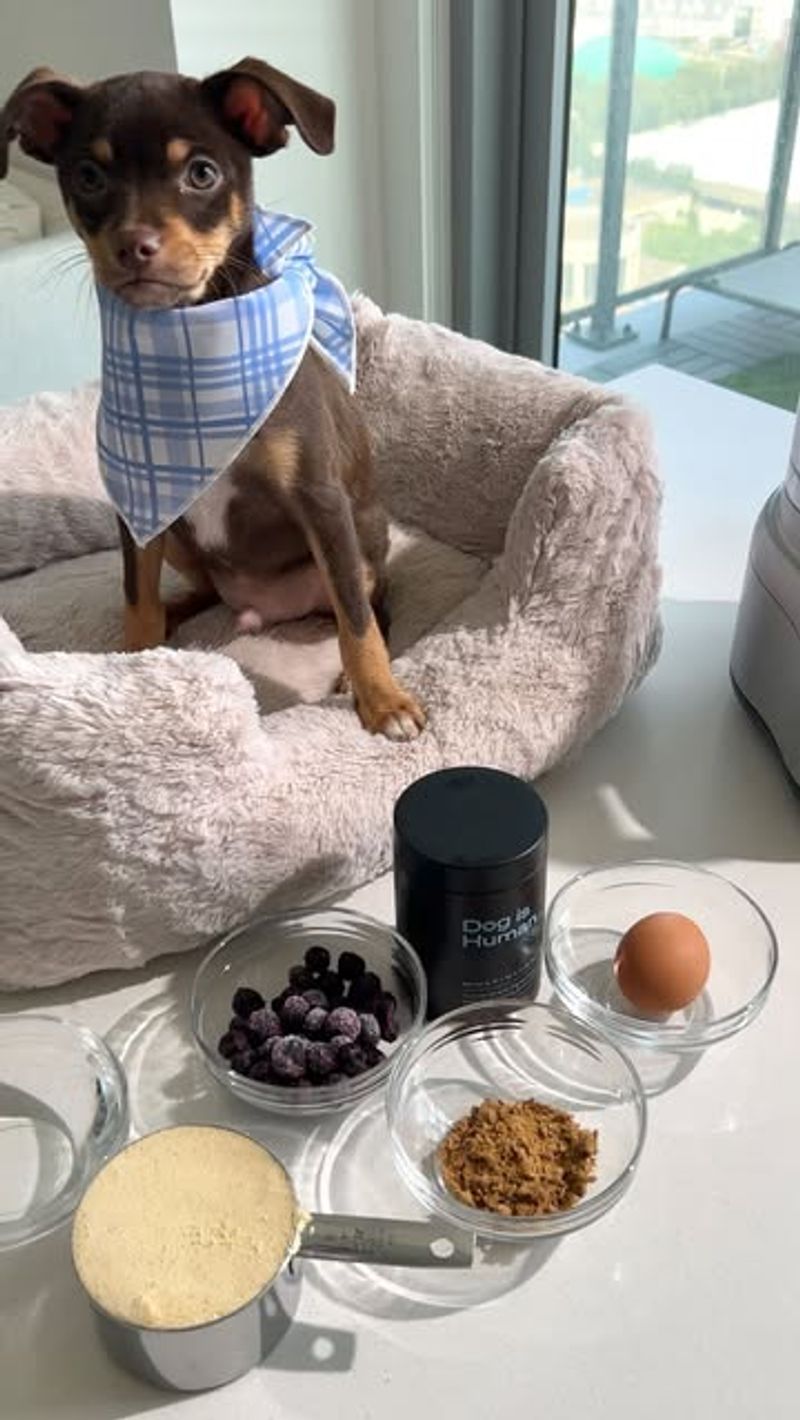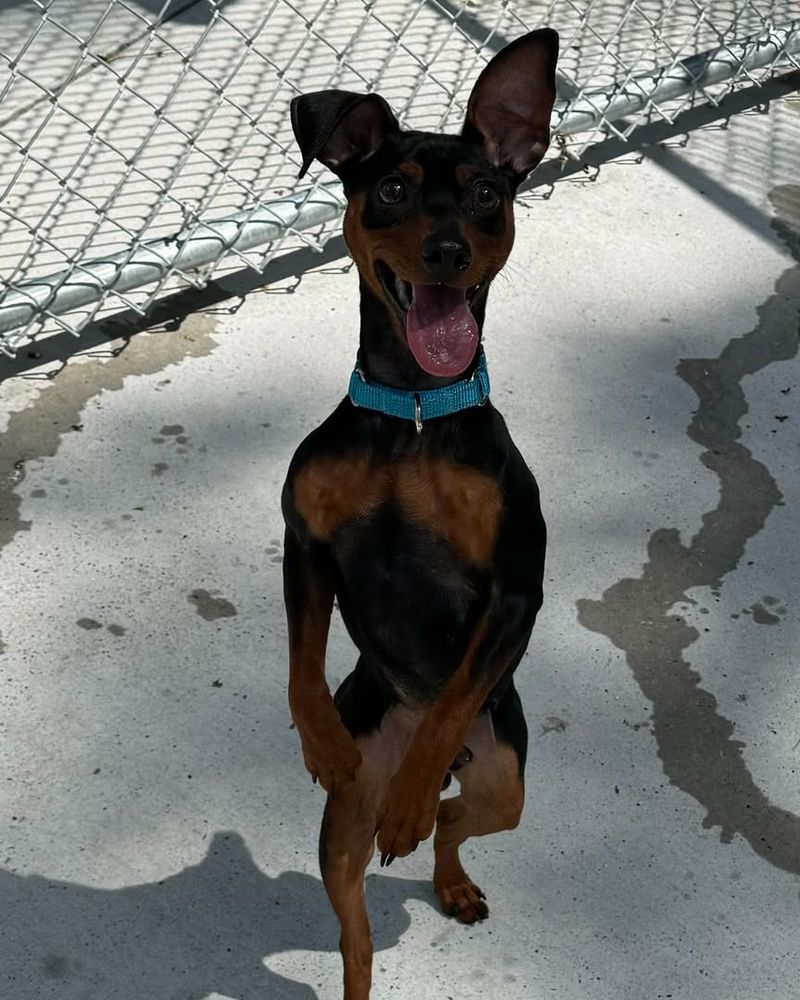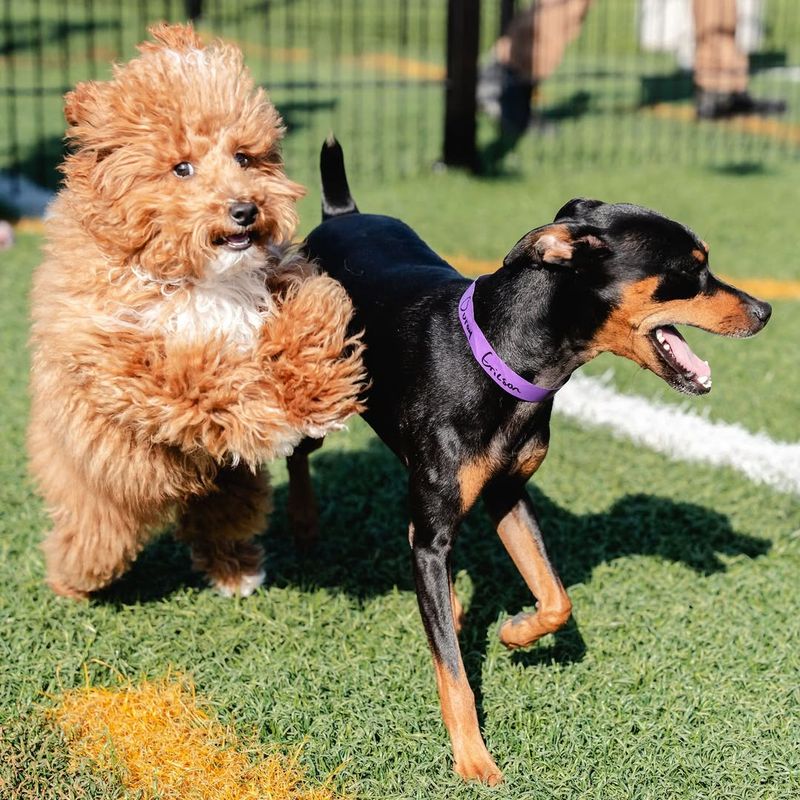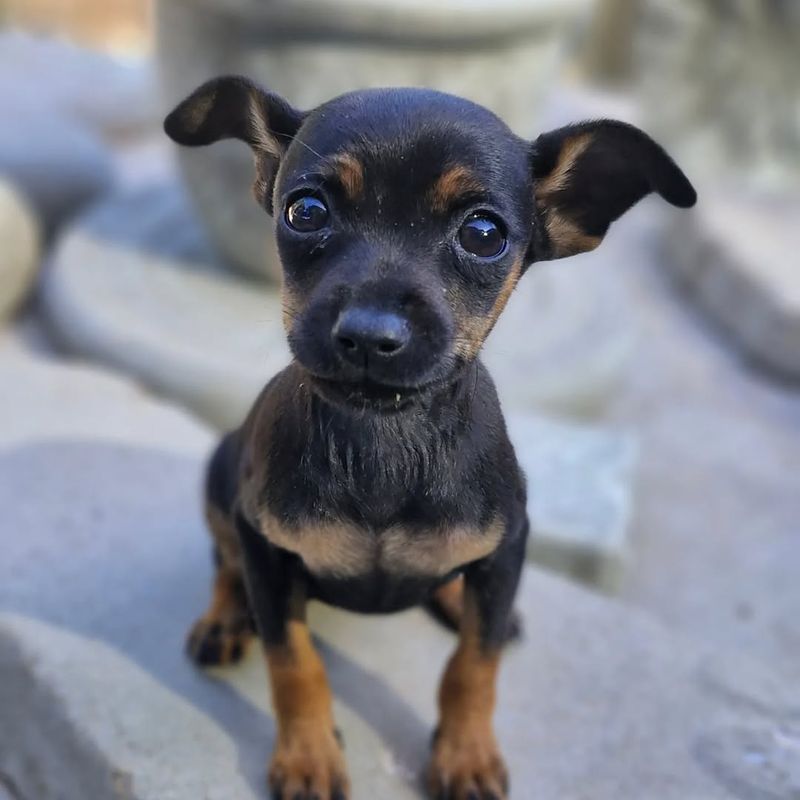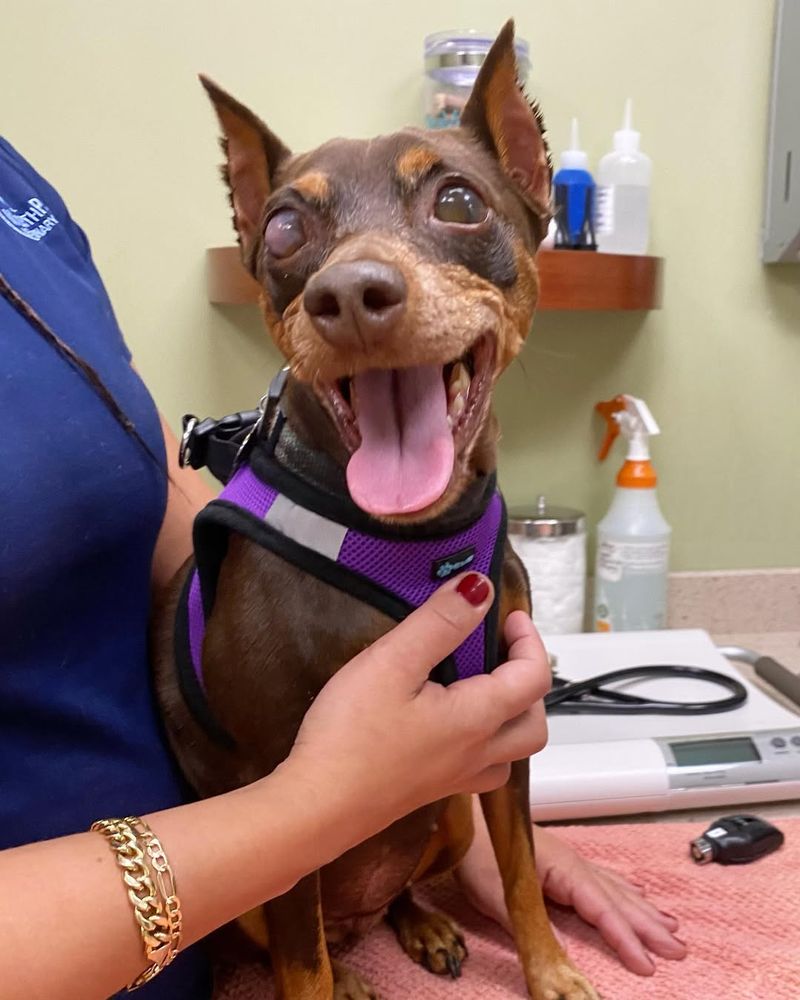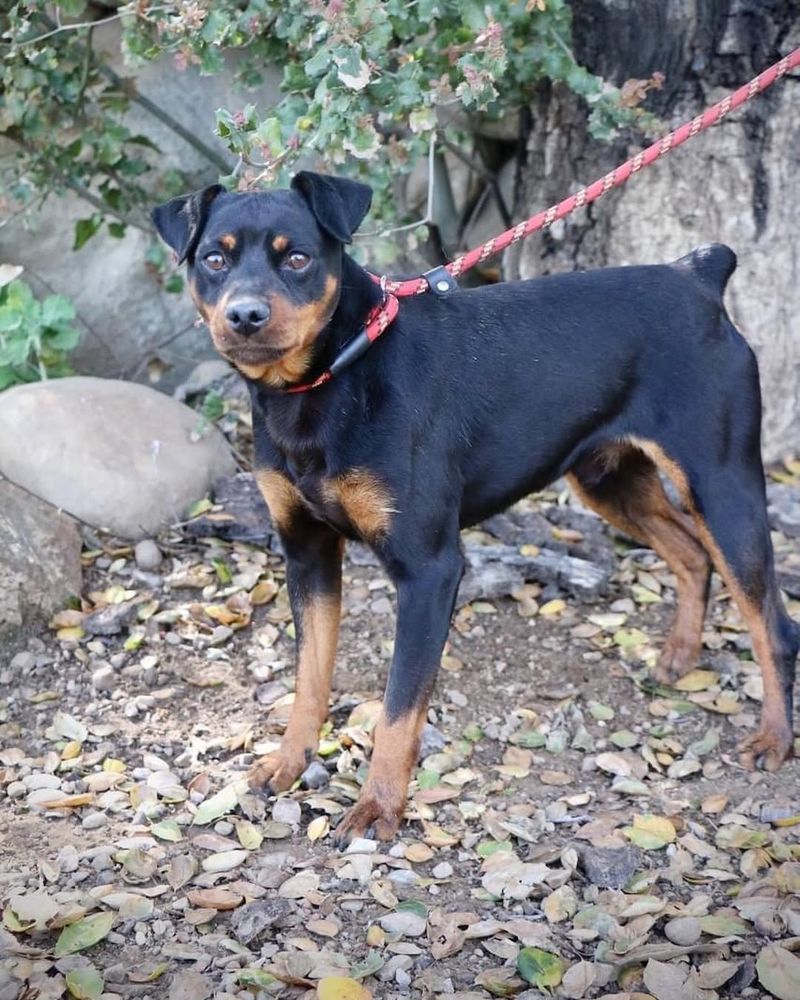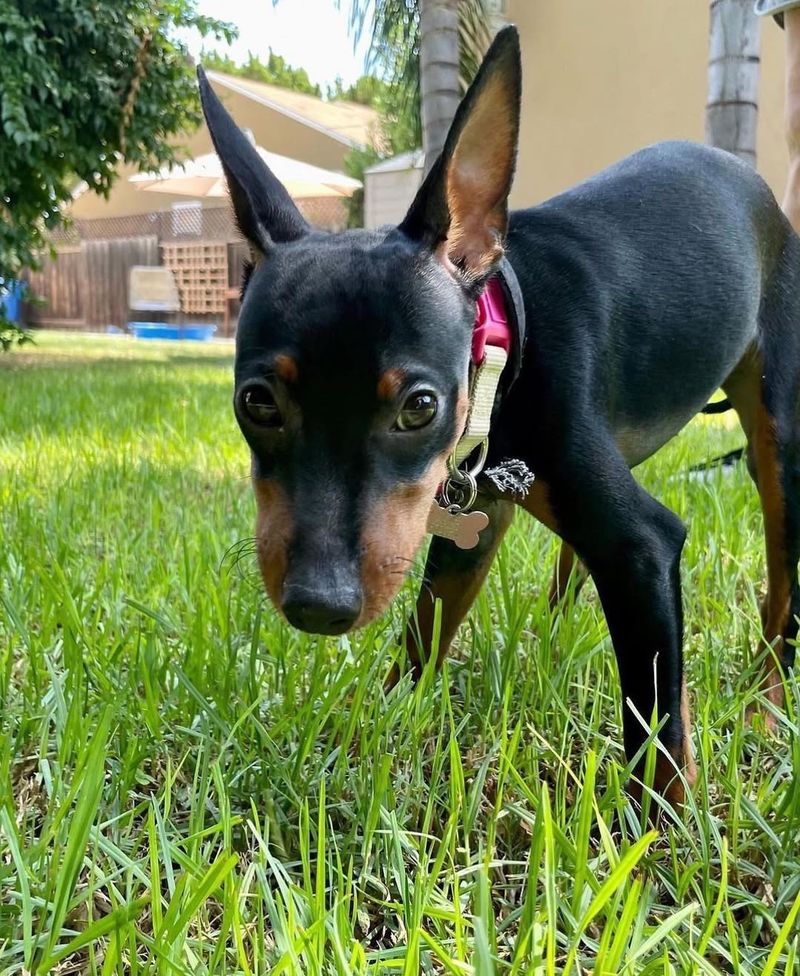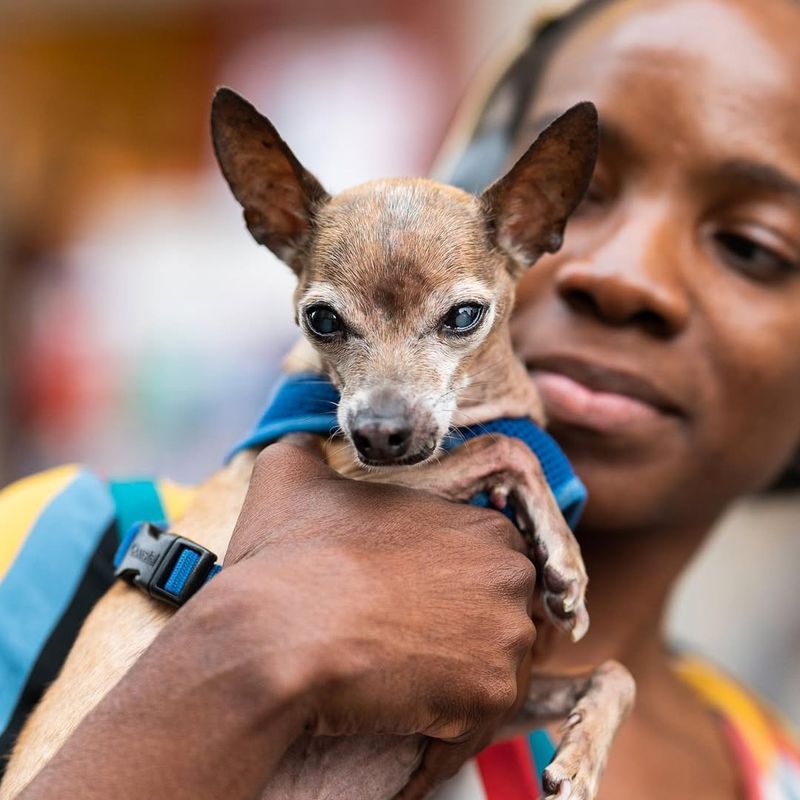The Miniature Pinscher, affectionately known as the “King of Toys,” is a vibrant and energetic breed. Despite their small stature, these dogs have a striking presence and a zest for life. Understanding their lifespan and how to care for them is crucial for ensuring that they lead a happy, healthy life. Here, we present 11 essential facts and care tips to help you be the best Miniature Pinscher owner you can be.
Lifespan Overview
Miniature Pinschers typically live between 12 to 15 years, provided they receive proper care. This lifespan is relatively long for a small breed, making them a delightful long-term companion. Regular veterinary check-ups are crucial to maintaining their health throughout these years.
As with many breeds, genetics play a role in their lifespan, but a balanced diet and regular exercise can significantly contribute. Owners should be prepared for the responsibilities of caring for an aging dog, including potential health issues that can arise in their later years.
Diet and Nutrition
Feeding your Miniature Pinscher a balanced diet is essential for their lifespan and overall health. A diet rich in high-quality proteins, healthy fats, and essential vitamins is recommended to keep them active and fit.
Fresh vegetables can be added for additional nutrients, but avoid feeding them harmful foods like chocolate, onions, and grapes. It’s important to monitor their weight and adjust portion sizes to prevent obesity, which can lead to various health problems. Regular consultation with a veterinarian will help tailor their diet to their specific needs.
Exercise Needs
Miniature Pinschers are energetic dogs that require regular exercise to stay healthy and happy. Daily walks, playtime, and mental stimulation are necessary to prevent boredom and destructive behavior.
Engaging them in agility training or puzzle games can also be beneficial. Owners should be aware of their dog’s limits, especially in extreme weather conditions, to avoid overexertion. A well-exercised Miniature Pinscher is typically more content and less prone to behavioral issues, making exercise a key aspect of their care.
Socialization
Early socialization is crucial for Miniature Pinschers to develop into well-behaved pets. Introducing them to various people, environments, and other animals helps build their confidence and reduce anxiety.
Puppy classes or socialization groups are great ways to facilitate this process. This breed can be wary of strangers, so consistent socialization is important to prevent excessive barking or aggression. With proper socialization, they can become friendly and adaptable companions, fitting comfortably into family life.
Grooming Routine
Despite their short coat, Miniature Pinschers benefit from regular grooming to maintain their sleek appearance. Brushing once a week helps reduce shedding and keeps their coat healthy.
Regular nail trimming, ear cleaning, and dental care are also necessary parts of their grooming routine. Bathing should be done as needed, typically once a month, to keep their skin and coat in good condition. Establishing a grooming routine early helps them become accustomed to the process, reducing stress for both the dog and the owner.
Training and Obedience
Training Miniature Pinschers is essential for managing their independent and sometimes stubborn nature. Positive reinforcement methods work best, using treats and praise to encourage desired behaviors.
Consistency and patience are key in training sessions, and starting as early as possible yields the best results. Obedience training helps them learn basic commands and improves their ability to interact with family members and other pets. Well-trained Miniature Pinschers are more enjoyable companions, as they understand boundaries and expectations.
Common Health Issues
Miniature Pinschers are generally healthy, but they are prone to certain health conditions. Patellar luxation, hip dysplasia, and eye disorders are common issues that may affect them.
Regular veterinary check-ups can help detect these problems early, allowing for timely intervention and management. Keeping an eye on their weight and ensuring they receive the proper supplements can also aid in prevention. Understanding potential health issues will enable owners to provide the best care for their Miniature Pinschers, ensuring a better quality of life.
Mental Stimulation
Mental stimulation is as important as physical exercise for Miniature Pinschers. They are intelligent dogs that thrive on challenges, making puzzle toys and interactive games excellent choices for keeping their minds sharp.
Teaching new tricks or commands can also provide mental enrichment, preventing boredom-related behaviors like chewing or barking. Incorporating variety into their daily routine can help maintain their interest and engagement. A mentally stimulated Miniature Pinscher is a happy and well-adjusted pet, enjoying a fuller life with their human companions.
Safety Precautions
Safety precautions are vital for Miniature Pinschers, given their curious and adventurous nature. A secure fence in the yard and a sturdy harness during walks can prevent accidents and escapes.
It’s crucial to supervise them around roads and in unfamiliar areas, as their small size makes them vulnerable. Microchipping and identification tags are recommended in case they get lost. By implementing these safety measures, owners can protect their Miniature Pinschers and ensure their well-being in various environments.
Breeding Considerations
For those considering breeding Miniature Pinschers, understanding the responsibilities and challenges is essential. Breeding should prioritize health, temperament, and adherence to breed standards, requiring careful selection of mating pairs.
Prospective breeders should consult with experienced professionals and conduct genetic testing to avoid passing on hereditary conditions. Breeding demands time, effort, and financial resources, and is best suited for those committed to the breed’s welfare. Responsible breeding ensures the continuity of healthy, well-adjusted Miniature Pinschers for future generations.
Adoption and Rescue
Adopting a Miniature Pinscher from a rescue or shelter can be a rewarding experience. Many of these dogs are looking for loving homes, and adoption provides a second chance for a happy life.
Potential adopters should prepare their homes and understand the specific needs of the breed. Shelters often provide valuable information about the dog’s behavior and health, assisting in a smoother transition. Adoption not only changes the life of the dog but also enriches the lives of the new owners, creating lasting bonds and memories.
